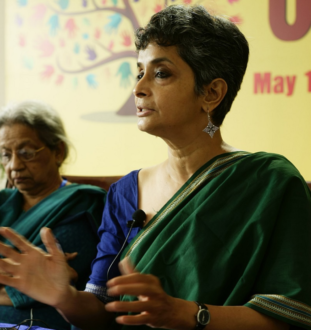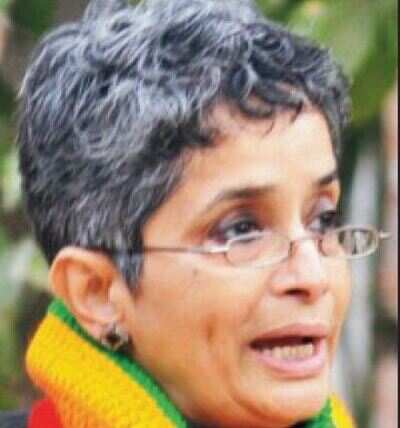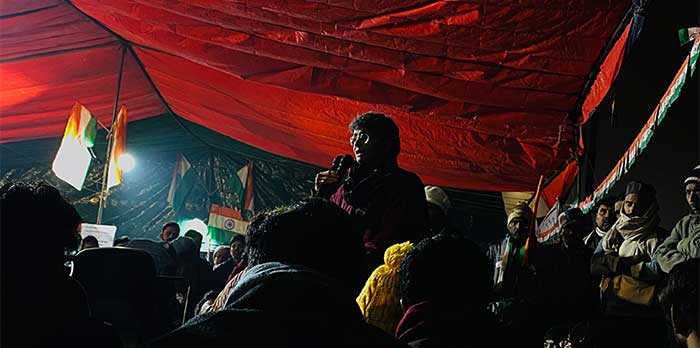

Thus, as Samaddar points out, the nation-state always has two subjects, the Citizen and the non-Citizen – the latter in the forms of the migrant and the refugee. The resources of the nation, it is assumed, should be used for the benefit of citizens, thus creating a zone of privilege for them. The point is that however inclusivist they may be, citizenship rights within nation-states are necessarily exclusionary. The rights of citizenship are powerful precisely because they are available only to the community delimited by the discursive practices of the nation-state. Not everyone who is willing to be a citizen, not all those willing to participate in nationhood, can do so. As Ranabir Samaddar points out, a nation-state is made up of citizens, but it is the nation-state which defines who its citizens can be. This darkness arises from the location of citizenship rights in the nation state.

The shadow cast by the idea of citizenship has been long recognised.

On the contrary, the very idea of ‘citizen’ produces simultaneously, as its shadow, the ‘non-citizen’ in the form of the Refugee and the Migrant. Third, should we not cast citizenship rights within the frame of place of work, rather than place of birth?įourth, what about the place of the non-human in a just and ecologically aligned society?Īre citizenship and citizenship rights unambiguously empowering? Second, why is citizenship a feminist issue?

This essay considers four interrelated questions.įirst, are citizenship and citizenship rights unambiguously empowering? A shorter Hindi version of this lecture was delivered at Shaheen Bagh, New Delhi on January 26, 2020. Exploring Emergent Global Thresholds (Orient Blackswan 2017). This essay is developed from two earlier versions – a) Paul de la Gueriviere Memorial lecture, Indian Social Institute, Delhi b) “Citizenship in Terminal Crisis? Thinking beyond twentieth century verities” in Richard Falk, Manoranjan Mohanty, Victor Faessel eds. Nivedita Menon is Professor, Centre for Comparative Politics and Political Theory, Jawaharlal Nehru University, New Delhi.


 0 kommentar(er)
0 kommentar(er)
